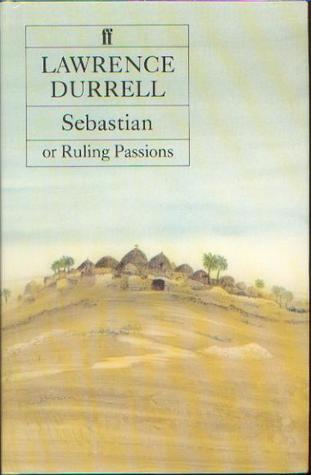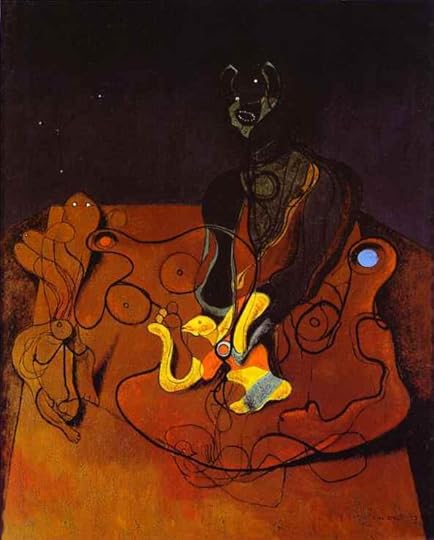What do you think?
Rate this book


202 pages, Hardcover
First published October 24, 1983
Here among the worm-casts of old theologies they knew for certain that science had abdicated, that the law of entropy ruled. Reality which was once so very “real” now only manifested a “tendency to exist”! All truth had become provisional and subject to scale.
With the current of joy and affirmation flowing through his body he contemplated, giving thanks to his creator; he even joined his hands before his breast and shook them in thanksgiving, like a Christian. Then with a sneaking, smiling air of happiness, he took up first one and then the other of the knives and felt its exquisite balance in the palm of his hand; it was as pregnant with futurity as an egg.
